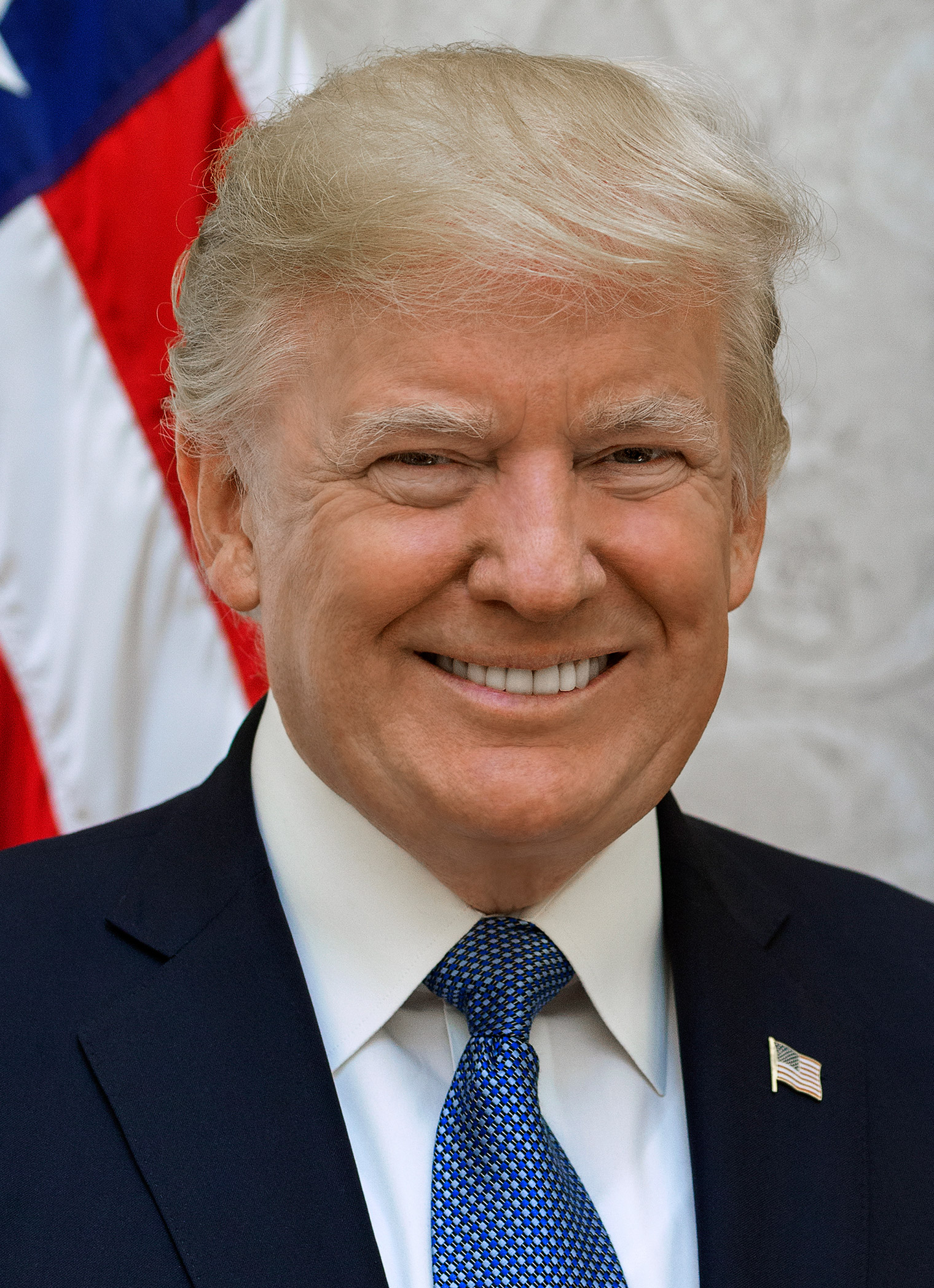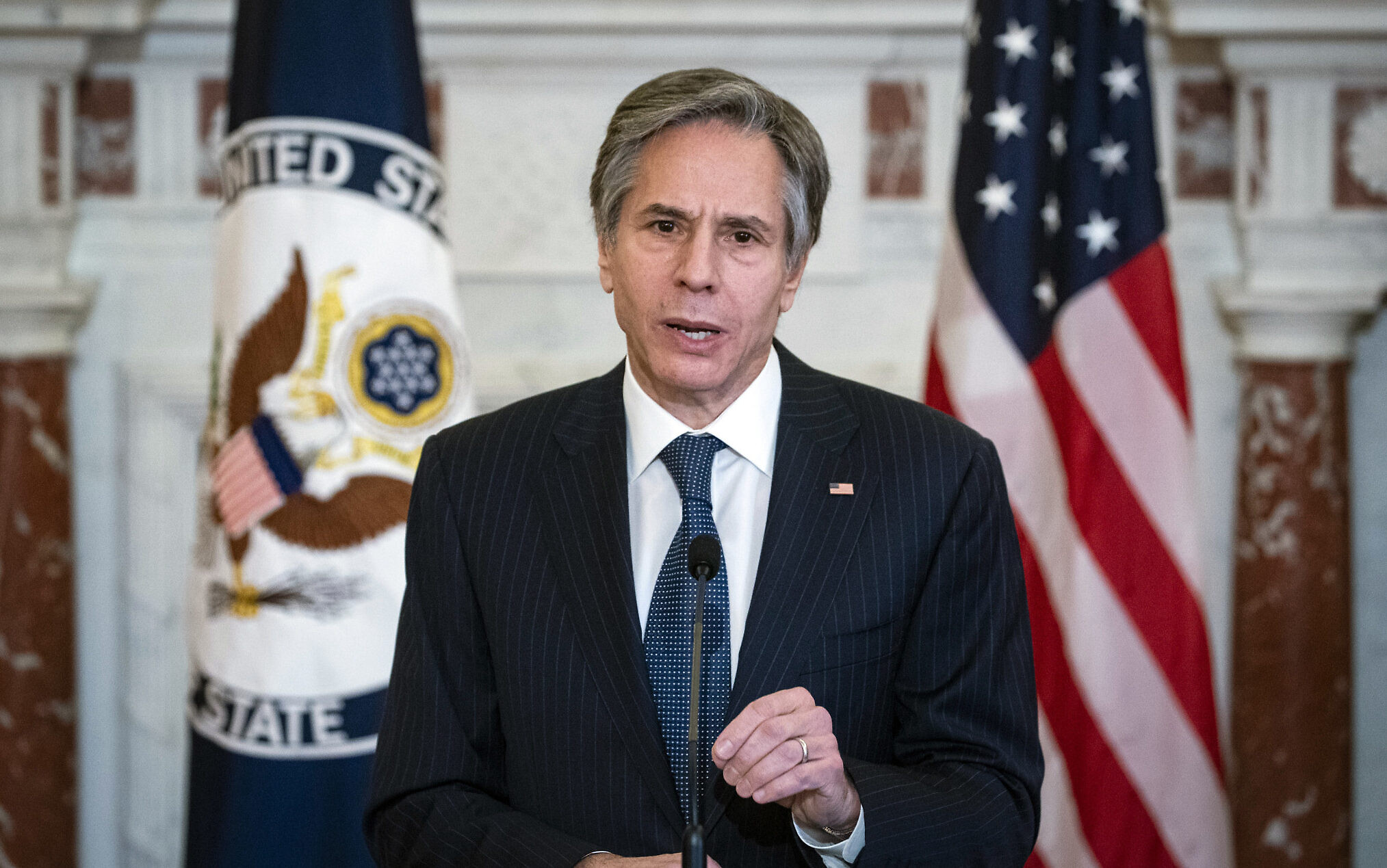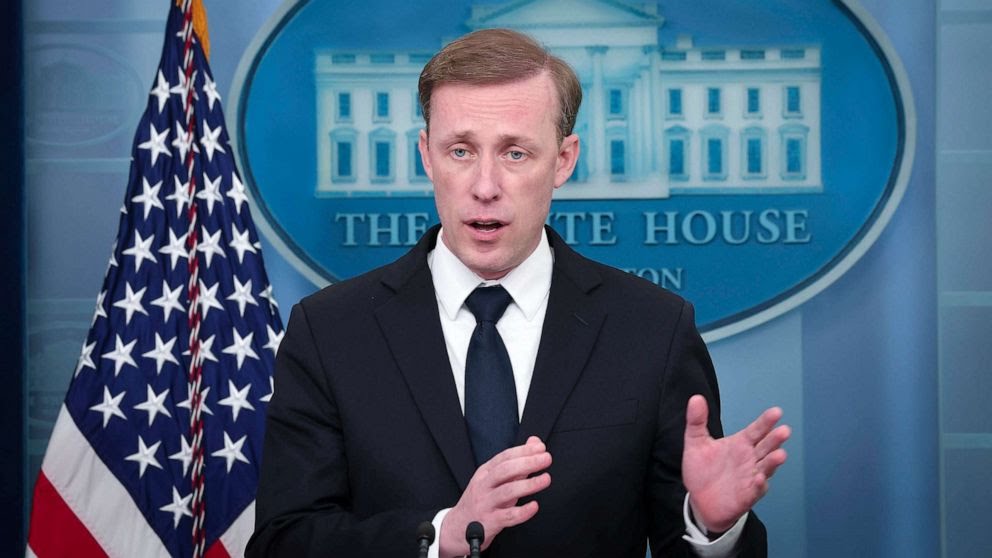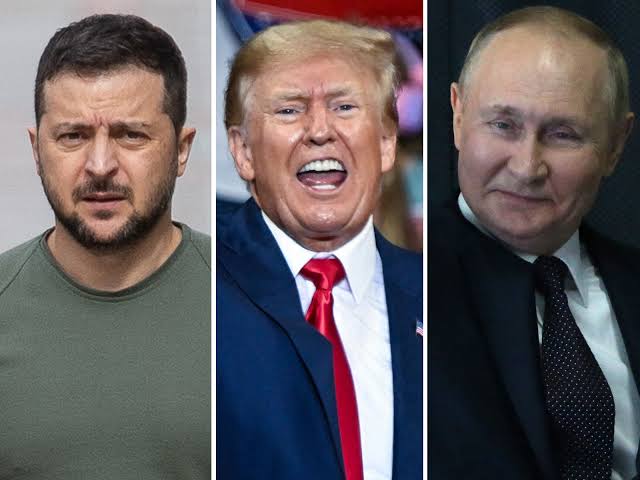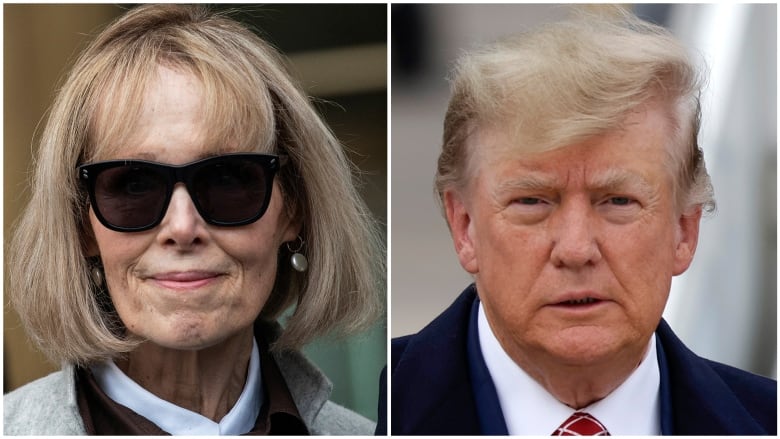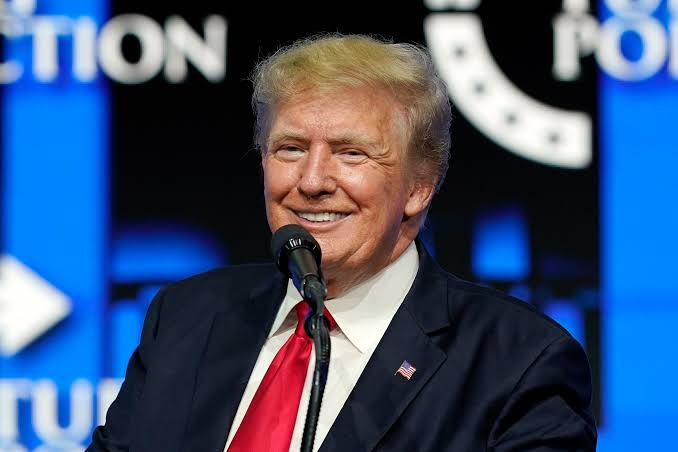Foreign News
January 6 Committee Believes Trump Committed Crimes In His Attempt To Overturn Election
January 6 Committee says it believes Trump engaged in a ‘criminal conspiracy’ to prevent Congress from certifying the results of the presidential election and will consider passing evidence to the DOJ

The court document was filed in federal court in Los Angeles as part of the U.S. House of Representative Select Committee’s dispute with John Eastman
Eastmann is behind the notorious ‘coup memo,’ which argued that former Vice President Mike Pence had unilateral power to overturn Trump’s loss to Joe Biden
The attorney sued the committee in December, seeking to block a congressional subpoena requesting that he turn over thousands of emails
The Select Committee’s members have said they will consider passing along evidence of criminal conduct by Trump to the U.S. Justice Department
The committee argues that Eastmann must testify because they believe he and others, including Trump, ‘may have engaged in criminal and/or fraudulent acts‘
The committee in the US House of Representatives investigation the Capitol riot on January 6, 2021 said in a court filing Wednesday it believes that former President Donald Trump violated ‘multiple laws’ in his attempt to overturn the 2020 Presidential Election.

The court document was filed in federal court in Los Angeles as part of the U.S. House of Representative Select Committee’s dispute with John Eastman, a lawyer who advised Trump on a plan to invalidate election results in key battleground states.
Eastmann is behind the notorious ‘coup memo,’ which argued that former Vice President Mike Pence had unilateral power to overturn Trump’s loss to Joe Biden.
The attorney sued the committee in December, seeking to block a congressional subpoena requesting that he turn over thousands of emails.
The Select Committee’s members have said they will consider passing along evidence of criminal conduct by Trump to the U.S. Justice Department. Such a move, known as a criminal referral, would be largely symbolic but would increase political pressure on Attorney General Merrick Garland to charge the former president.
The committee argues that Eastmann must testify because they believe he and others, including Trump, ‘may have engaged in criminal and/or fraudulent acts’ in their attempts to overturn the election.’
They claimed in the filing that they have enough evidence to show ‘a good-faith basis for concluding that President Trump has violated section 18 U.S.C. § 1512(c)(2),’ or the obstruction of an official act of Congress.

They believe that Trump and his associates did this and did so with the intent to break the law.
The House Committee – which features only two Republicans, the anti-Trump Liz Cheney and Adam Kinzinger – added that it has ‘a good-faith basis for concluding that the President and members of his Campaign engaged in a criminal conspiracy to defraud the United States in violation of 18 U.S.C. § 371.’
Eastmann, who is currently being investigated by the California State Bar Association, cited attorney-client privilege to avoid giving testimony.
Eastman, the former dean of the Chapman University law school in Southern California, argued after the November 2020 election that then-Vice President Mike Pence could overturn the results and keep Trump in power. Critics have likened that to instructions for staging a coup.
Pence refused to do that and Trump left office. But since then, Eastman has been subpoenaed by a committee of U.S. lawmakers investigating the Jan. 6 Capitol insurrection.
Representatives of Eastman and Trump did not immediately respond to requests for comment.
The committee’s leaders said in a statement that “Eastman´s emails may show that he helped Donald Trump advance a corrupt scheme to obstruct the counting of electoral college ballots and a conspiracy to impede the transfer of power.”
On Tuesday, the State Bar of California confirmed it has been investigating Eastman since September. Such investigations are usually kept secret, but the State Bar’s rules say it can publicly confirm them ‘when warranted for protection of the public.’

In a news release, the bar said ‘details of the investigation must remain confidential’ to comply with state law and ‘give the investigation the greatest chance of success.’
George Cardona, the State Bar’s chief trial counsel, investigates and prosecutes attorney disciplinary matters before the State Bar Court, which can recommend attorneys be either suspended or, in some cases, lose their licenses to practice law. The California Supreme Court ultimately decides what to do.
